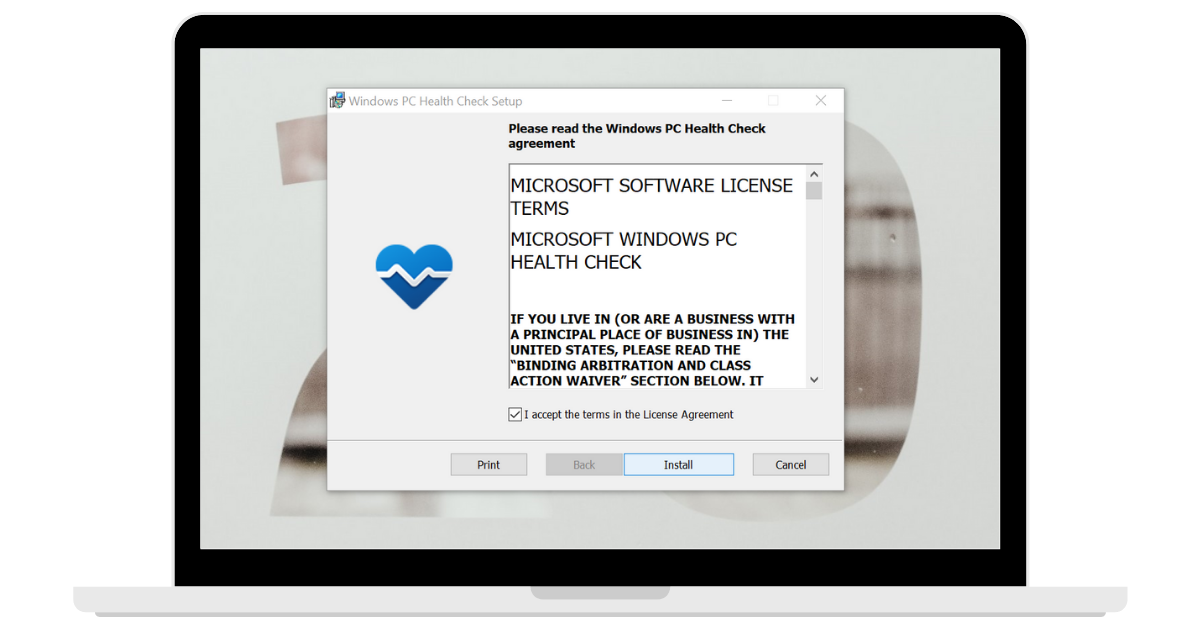
While that is true for devices with fixed hardware components, e.g. One could argue that it does not really matter which device component is not compatible, as it leads to the same not being able to upgrade to Windows 11 result. You can check out Windows 11 Requirements Check Tool, or this review of Win11SysCheck and WhyNotWin11. Third-party Windows 11 requirements checking tools were created to fill the gap. It merely stated "This PC can't run Windows 11" and kept the user in the dark. The original version of the tool did not provide this information. The processor is listed and the provided link opens a Microsoft's Docs website that informs about compatible processors and includes links to the lists of all supported processors. The author's aging Surface Go laptop is not compatible with Windows 11 according to the tool because of its processor. The updated version of the program displays additional information about potential system requirement issues. Run it, hit the "check now" button at the top, and you are told whether the device meets the requirements. You need to scroll down all the way to the bottom of the page and click on the "Download PC Health Check App" link to download the software program to the local system. Interested users can download the official PC Health Check app from Microsoft's Windows 11 website. The updated version was released for Insiders exclusively some time ago this public version of the tool is now available. The company pulled the tool shortly thereafter, and promised that it would release an updated version of it before the release of Windows 11. The tool was available to Insiders only, and checked, if the PC it was run on was compatible with Microsoft's Windows 11 operating system. Microsoft released its PC Health Check tool when it announced Windows 11 officially.

The new version of Windows will be released on October 5, 2021.


 0 kommentar(er)
0 kommentar(er)
